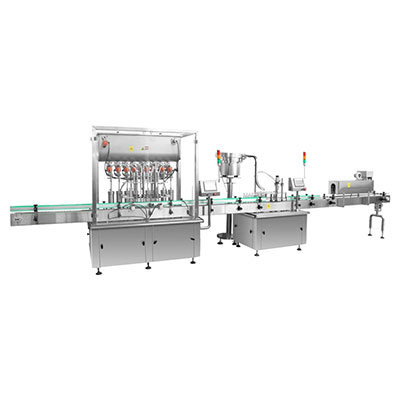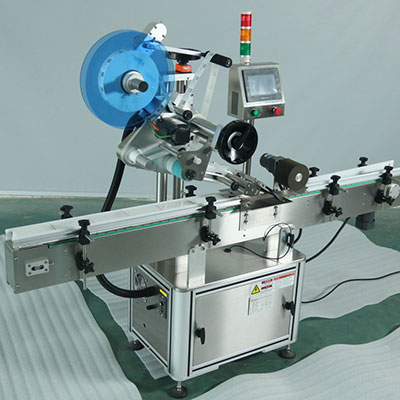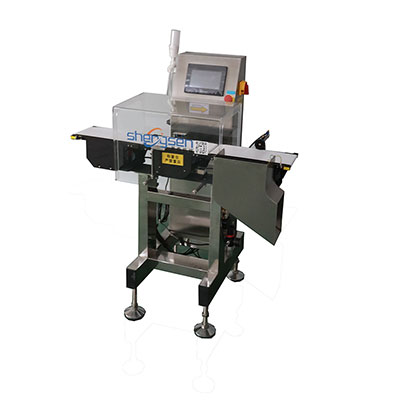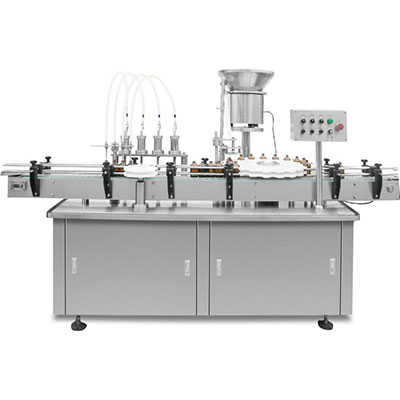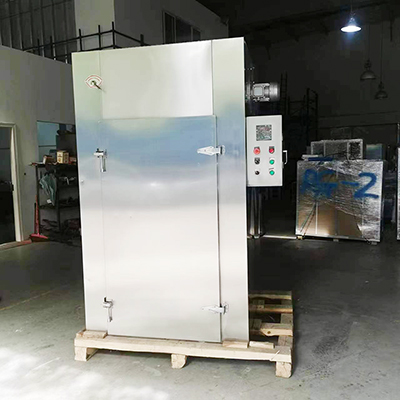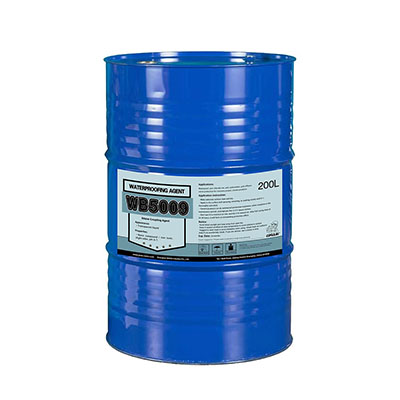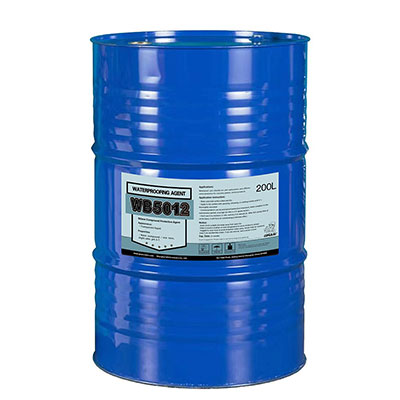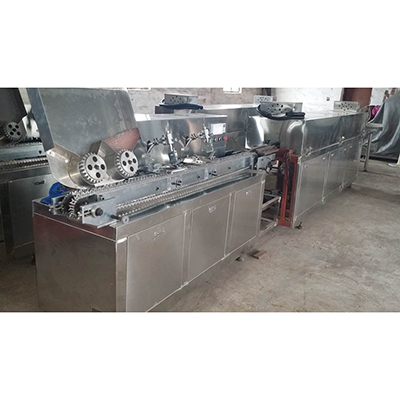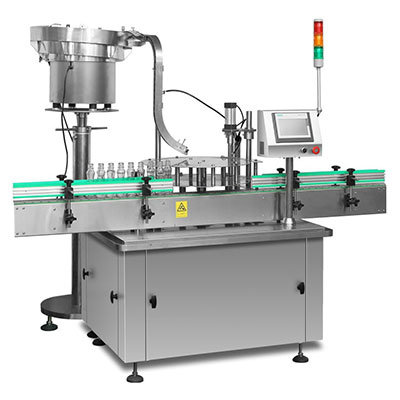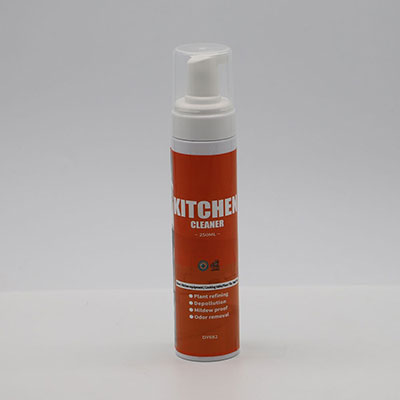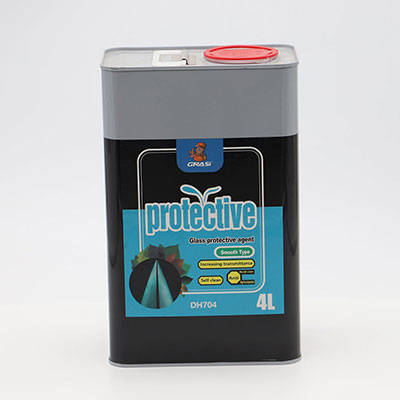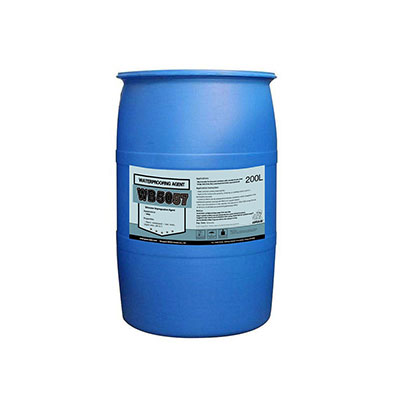All Dielectric Self-Supporting (ADSS) Cable
The all-dielectric self-supporting cable, often abbreviated as ADSS cable, is a type of stranded loose tube optical fiber cable that contains no conductive metal elements, and it is often used by electrical utility companies as a communication medium.
Structure
250μm fiber units are positioned in a loose buffer tube which is manufactured from high-modulus material and filled with water blocking compound, and then a certain amount of tubes and filler rods are stranded around a non-metallic central strength member, namely FRP (fiber reinforced plastic) strength member, thus creating the cable core. Then, the cable core is covered with PE inner sheath and aramid yarn, and finally a PE or AT (anti-tracking) outer sheath completes the entire structure.
Structural Diagram
Fiber
Tube filling compound
Loose tube
Cable filling compound
PE inner sheath
Aramid yarn
PE/AT outer sheath
FRP strength member
Characteristic
1. Our self-supporting aerial cable is designed to be lightweight and small in diameter to reduce load on support towers and similar structures due to cable weight, wind and ice, and its maximum span length is over 1000m.
2. Thanks to the accurate excess fiber length and stranding pitch, this all-dielectric self-supporting cable exhibits excellent tensile strength and temperature stability.
3. This FRP reinforced ADSS cable has a service life of over 30 years, and AT sheath could be adopted to offer extraordinary anti-tracking performance.
4. The ADSS fiber optic cable could be laid without shutting off power.
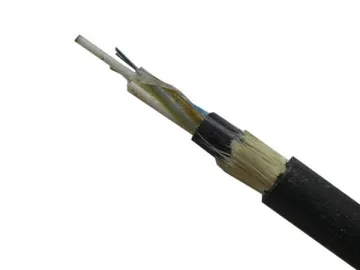
Optical Parameters
| Attenuation | G652 | ≤0.36dB/km@1310nm | ≤0.22dB/km@1550nm |
| G655 | ≤0.40dB/km @1310nm | ≤0.23dB/km@1550nm | |
| 50/125 | ≤3.0dB/km@850nm | ≤1.0dB/km@1300nm | |
| 62.5/125 | ≤3.3dB/km@850nm | ≤1.0dB/km@1300nm | |
| Bandwidth | 50/125 | ≥500MHz·km@850nm | ≥1000MHz·km@1300nm |
| 62.5/125 | ≥200MHz·km@850nm | ≥600MHz·km@1300nm |
Structural Parameters
| Cable OD (mm) | Cable weight (kg/km) | Max. recommended daily working tension (kN) | Max. allowable working tension (kN) | Span length (NESC standard, m) | |
| PE sheath | AT sheath | ||||
| 12.5 | 125 | 136 | 1.5 | 4 | 100 |
| 13.0 | 132 | 142 | 2.25 | 6 | 150 |
| 13.3 | 137 | 148 | 3.0 | 8 | 200 |
| 13.6 | 145 | 156 | 3.6 | 10 | 250 |
| 13.8 | 147 | 159 | 4.5 | 12 | 280 |
| 14.5 | 164 | 177 | 5.4 | 15 | 320 |
| 14.9 | 171 | 185 | 6.75 | 18 | 380 |
| 15.1 | 179 | 193 | 7.95 | 22 | 460 |
| 15.5 | 190 | 204 | 9.0 | 26 | 530 |
| 15.6 | 194 | 208 | 10.5 | 28 | 560 |
| 16.3 | 211 | 226 | 12.75 | 34 | 650 |
| 16.8 | 226 | 242 | 15.45 | 41 | 750 |
| 17.2 | 236 | 253 | 16.2 | 45 | 800 |
| 17.9 | 249 | 266 | 18.0 | 50 | 880 |
Note
1. Only part of all-dielectric self-supporting cables are listed in the above table. For other span lengths, please contact us.
2. The fiber count ranges from 20 to 60, and fiber color complies with the Chinese National Standard.
3. Both single and multi mode fibers are available as requested.
Standard
Our ADSS cable is compliant with IEEE 1222-2004 and IEC 60794-1 standards.
Application
The all-dielectric self-supporting cable is commonly utilized in core network, access network, metropolitan area network and other network systems where duct, aerial, underwater or direct buried installation is required.
Links:https://globefindpro.com/products/74817.html
-
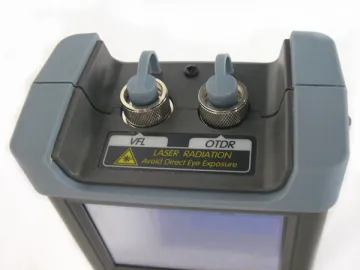 AV6416 Optical Time Domain Reflectometer
AV6416 Optical Time Domain Reflectometer
-
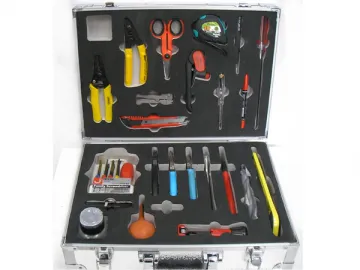 GW-24 Fiber Optic Tool Kit
GW-24 Fiber Optic Tool Kit
-
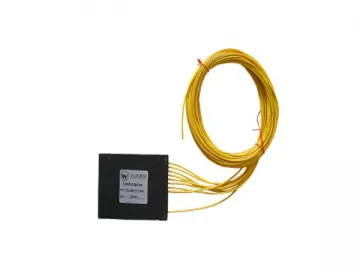 PLC Splitter
PLC Splitter
-
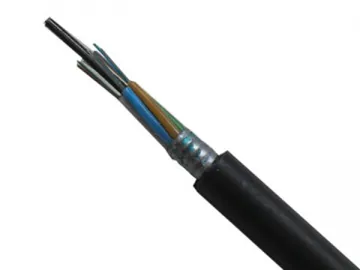 GYTS Light-Armored Stranded Loose Tube Cable
GYTS Light-Armored Stranded Loose Tube Cable
-
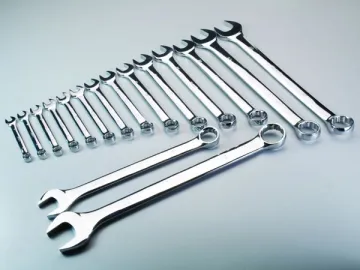 Combination Spanner
Combination Spanner
-
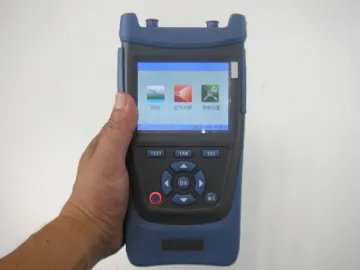 GW4000 Optical Time Domain Reflectometer
GW4000 Optical Time Domain Reflectometer
-
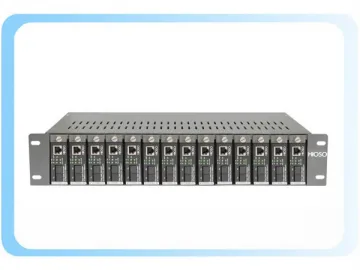 FTC-14 14-Slot Media Converter Rack
FTC-14 14-Slot Media Converter Rack
-
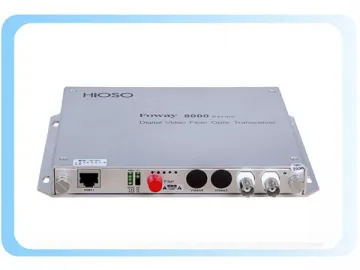 FOWAY8000 Series Digital Video Converter
FOWAY8000 Series Digital Video Converter
-
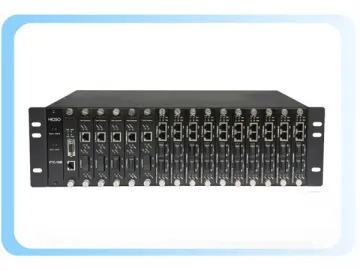 FTC-16M 16-Slot Media Converter Rack
FTC-16M 16-Slot Media Converter Rack
-
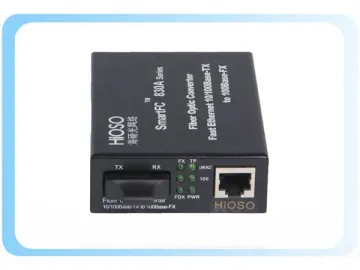 Fast Ethernet Unmanaged Media Converter
Fast Ethernet Unmanaged Media Converter
-
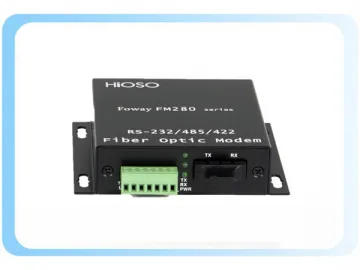 Fiber Modem
Fiber Modem
-
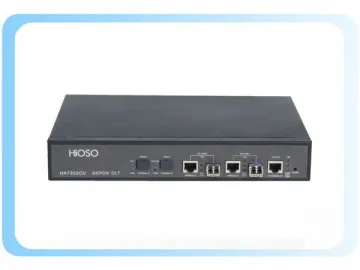 HA7302CU Standalone 2-PON OLT
HA7302CU Standalone 2-PON OLT
